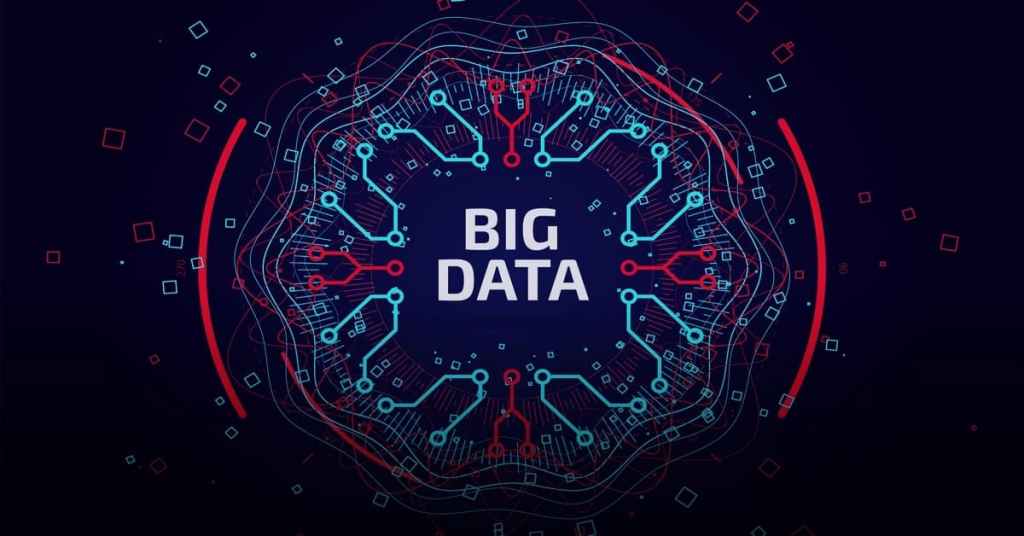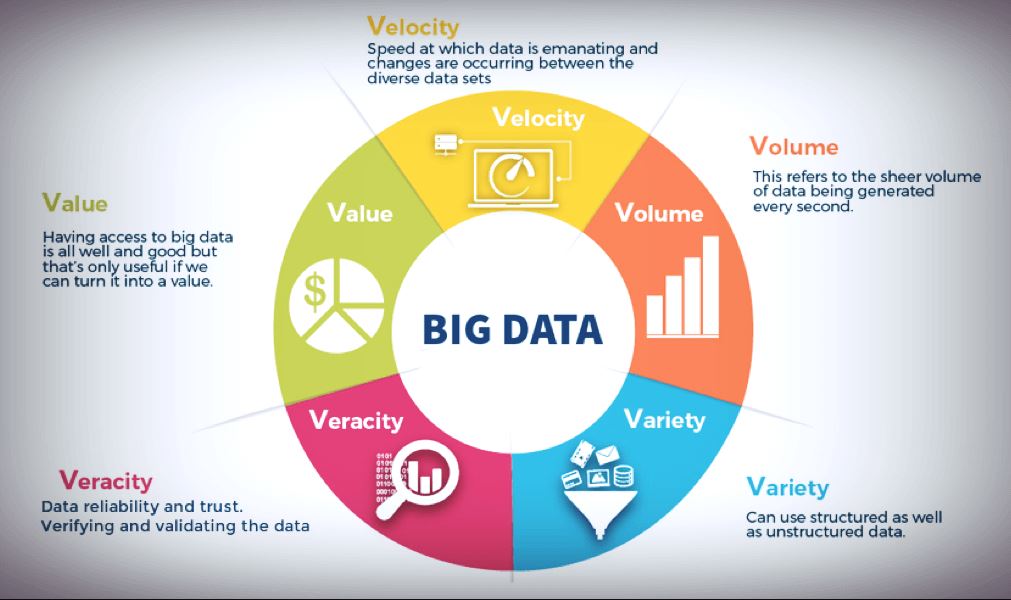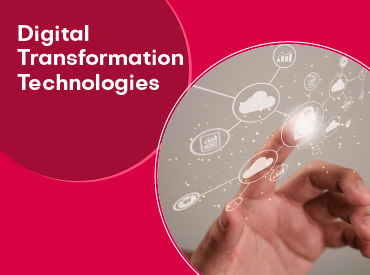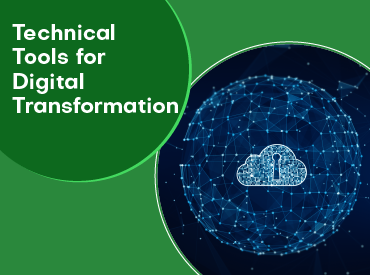The world population in 2018 was 7.6 Billion. This directly indicates the fact that planet Earth produces large data volumes in multiple and irregular forms. All of the above simply refers to all a rudimentary description of Big Data in these simplistic terms. (source)
With the developments that the world has witnessed after the internet revolution and what the internet technologies have brought about in changing the shape of the world, the world has woken up to an important fact that we produce a very large amount of non-consuming data that needs expensive and large storage methods.
According to IBM, as of 2012, it creates 2.5 quintillion bytes (2.5×1810) of data per day.
Thus, the necessity of analyzing this data and making use of it to the maximum extent in managing facilities, improving business and improving the quality of life.
The International Monetary Fund (IMF) has coined the phrase “data in the new oil“. So, what does it mean by data and can it revolutionize the way oil did?
What is Big Data?
You can learn the term of Big Data, as is evident from data and information such as resulting from data that appears in the spread of modern electronic almost.

Definition of the Gartner Foundation, which is specialized in the market research and study:
Big Data is data that contains a very large number of diverse data and that reaches increasing size and speed.
This is known as “3V”. Simply put, Big Data is larger and more complex than regular data sets. These datasets are huge to the point of processing programs conventional data is unable to manage it. However, these huge amounts of data can be analyzed and used to address the problems facing enterprises in all fields.
Big Data are graphic resources that can be described as “data of such great quantity, speed and diversity that require innovative and cost-effective forms and understand it more deeply and use it better in the decision-making-process”.
In 2001, data analyst Doug Laney gave Big Data a new definition, describing it as that data is characterized by three characteristics: Size, Speed, and Variety.
- Volume: The name Big Data itself indicates that it contains a large amount of data. The size of data is very important in determining whether the data is “Big Data” or not.
- Velocity: velocity is the speed at which data is generated. Velocity in Big Data is a measure of the efficiency of the data. The faster data is created and processed, the truer potential the data will be.
- Variety: Data come in a variety of forms, structured, unstructured, digital, etc.

















